7 Questions to Ask Before Booking a Wedding Venue
Finding the perfect wedding venue is exciting—but it can also feel overwhelming. With countless options, it’s easy to overlook important details that can affect your big day. Asking the right questions ensures that your chosen venue meets your needs, fits your vision, and keeps your guests comfortable. These conversations can save time, prevent stress, and help you feel confident in your decision. After all, your venue sets the stage for the memories you’ll cherish forever.
The process of selecting wedding event venues is not just about location or price—it’s about imagining your wedding day and knowing the space will support everything you’ve envisioned. From guest comfort to logistics, each detail matters. According to The Knot, when planning their wedding, 75% of respondents in a study said making sure their loved ones were comfortable and had a great time was their top priority. By thinking ahead and asking the right questions, you can narrow down options efficiently and focus on venues that truly match your style. Here are seven key questions to ask to guide your search and ensure your celebration unfolds flawlessly.
1. What Is the Venue’s Capacity?
Understanding a venue’s capacity is more than just counting seats—it’s about ensuring comfort and flow. Different setups, like plated dinners, buffets, or cocktail-style events, can dramatically affect how many guests fit comfortably. Don’t forget about essential spaces like dance floors, stages, or lounges, which take up room but contribute to the overall experience. Planning around capacity helps avoid overcrowding and ensures everyone can move freely and enjoy the festivities. It’s also important to consider how furniture arrangements, décor, and even signage can influence usable space, as these elements can subtly change how open or cramped a room feels.
Guest lists can change as RSVPs come in, with some couples deciding to add or remove attendees closer to the wedding day. Confirming the maximum and minimum capacity of wedding event venues ensures your celebration will be safe and enjoyable. Taking into account amenities like restrooms, outdoor spaces, or seating for elderly guests can help prevent logistical issues. Ultimately, a well-planned capacity allows guests to relax, circulate easily, and fully enjoy the day without feeling cramped or rushed, ensuring a comfortable experience for everyone.
2. What Is the Venue’s Availability?
Securing your preferred date is critical because popular wedding event venues can book a year or more in advance. Confirm your desired date as early as possible to avoid disappointment. Being aware of the venue’s calendar helps you coordinate with other vendors, such as photographers, caterers, or entertainers, whose schedules often depend on the venue’s availability.
Seasonal elements can influence both availability and experience. Gardens, outdoor patios, or scenic views may only look their best at certain times of the year, while winter weddings may require more indoor planning. Discuss contingencies with the venue, including backup dates or weather-related alternatives. Some venues offer exclusive use, which guarantees privacy and minimizes distractions from other events. Confirming these details ahead of time ensures that the venue fits not just your date, but your entire vision for the day.
3. What Are the Costs Involved?
Knowing the full cost upfront is essential for budgeting. Wedding event venues often include base rental fees, but additional charges can quickly add up. Ask for a detailed breakdown, including taxes, gratuities, and overtime costs. Fees for services such as cake cutting, corkage, or cleaning may not be obvious initially. Discussing these details early avoids financial surprises and helps you plan other elements of your wedding more accurately.
Also, understand the payment schedule and cancellation policies. Some venues require deposits at the time of booking, with the remainder due closer to the wedding date. Clarifying refund policies and potential penalties gives peace of mind if plans change. When budgeting, account for extra hours or additional setup time that might be needed for decorations or rehearsals. Being clear on all costs helps couples prioritize spending, ensuring that financial considerations don’t overshadow the joy of celebrating your big day.
4. What Amenities and Services Are Included?
Wedding event venues often offer more than just a space. Onsite catering, kitchen facilities, audio-visual equipment, and dedicated staff can reduce stress and simplify planning. Knowing which services are included helps you decide whether external vendors are necessary and ensures you maximize the value of your package. Parking and accessibility are also important for guest comfort, and some venues provide additional assistance with setup and coordination.
Every venue is unique, and understanding what is provided lets you plan efficiently. Ask about setup and cleanup, coordination assistance, or access to rehearsal spaces. Some venues have partnerships with preferred vendors, while others allow you to choose your own. Clarifying these details ensures that the day runs smoothly and aligns with your expectations. With the right amenities and support, you can focus on enjoying your celebration rather than worrying about logistics.
5. What Are the Venue’s Policies?
Clear policies prevent misunderstandings and ensure that your event runs smoothly. Ask about decoration restrictions, noise limits, alcohol service, and preferred vendors. Some venues limit the use of open flames, confetti, or large installations. Understanding these policies early allows you to personalize the space while staying compliant with venue rules.
Vendor rules, alcohol licensing, and curfews are other critical details. Some venues have preferred vendors for catering or entertainment, which can simplify planning but may limit choices. Outdoor weddings also require a plan for inclement weather, such as indoor backup spaces or tents. Knowing these policies helps prevent last-minute complications and ensures your wedding unfolds exactly as you envisioned.
6. How Does the Venue Align With Your Vision?
The look and feel of the venue should match your wedding style. Consider architecture, landscaping, and available backdrops for photos. A venue’s layout can affect how your guests move and interact during the day, so think about flow for ceremonies, receptions, and special activities. Aesthetics, natural lighting, and unique features can enhance the experience for both you and your guests.
Personalization options also matter. Ask if you can bring in custom decorations or incorporate special elements, like cultural traditions. Review photos from past events to see how other couples utilized the space. Wedding event venues that allow flexibility and creative input help you craft a celebration that feels personal, memorable, and true to your vision.
7. Can the Venue Accommodate Special Needs or Requests?
Accessibility is essential for all guests to feel welcome. Ask about wheelchair access, elevators, ramps, or other accommodations. Dietary needs, cultural traditions, or religious requirements should also be discussed to ensure the venue can meet specific expectations. Preparing ahead allows everyone to participate comfortably and safely.
Additionally, consider special setups, such as outdoor ceremonies, unique stage arrangements, or entertainment areas. Some venues are more flexible than others in accommodating these requests. By confirming the venue’s ability to handle special requirements, you avoid last-minute surprises and create a day where everyone can fully enjoy the celebration without limitations.
Choosing the right wedding event venues shapes the tone and flow of your entire celebration. By asking these key questions, you’ll find a venue that fits your style, accommodates your guests, and supports your vision, all while keeping planning stress to a minimum. Start your search with confidence and create unforgettable memories at La Centre Conference & Banquet Facility.
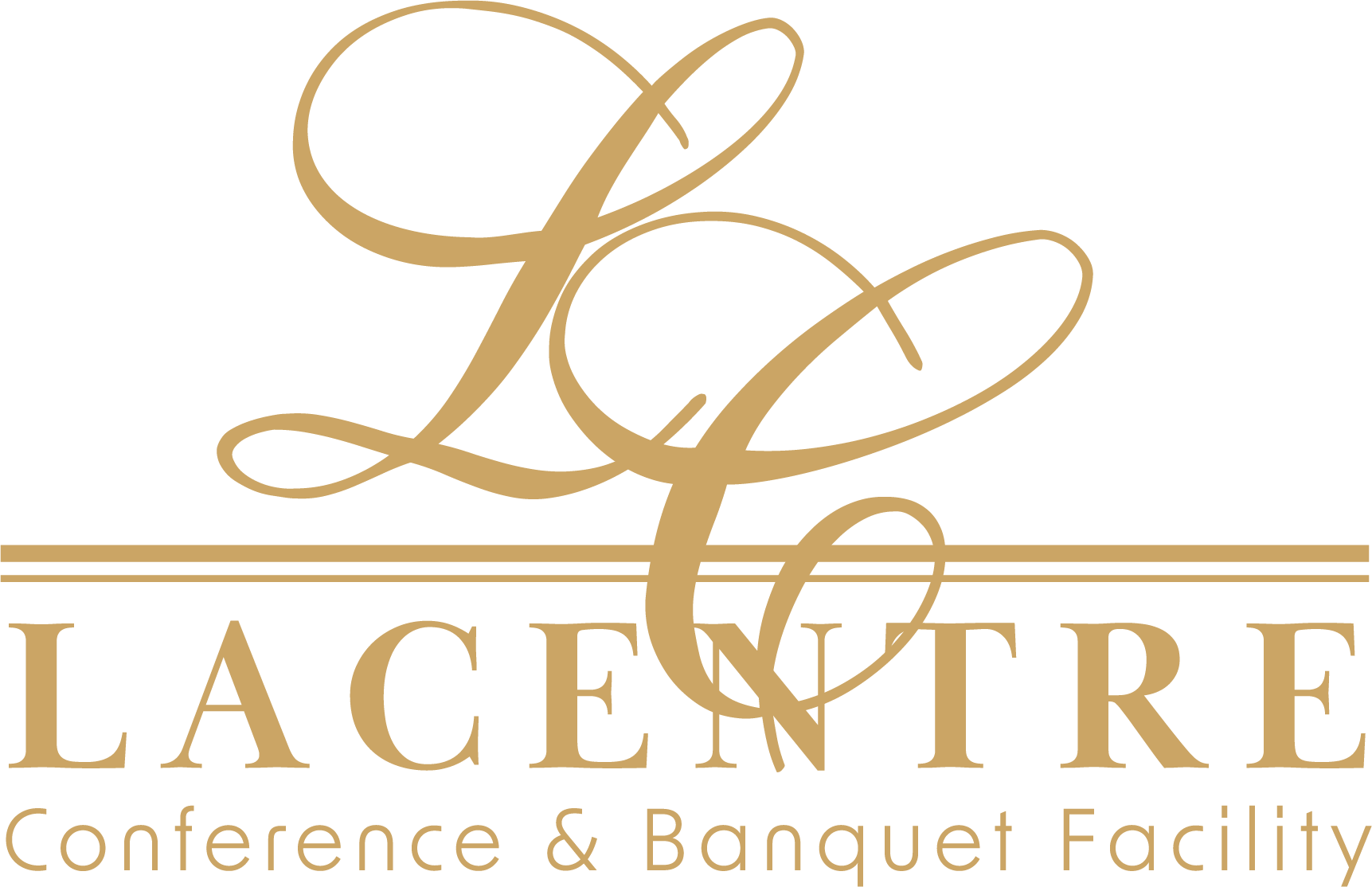

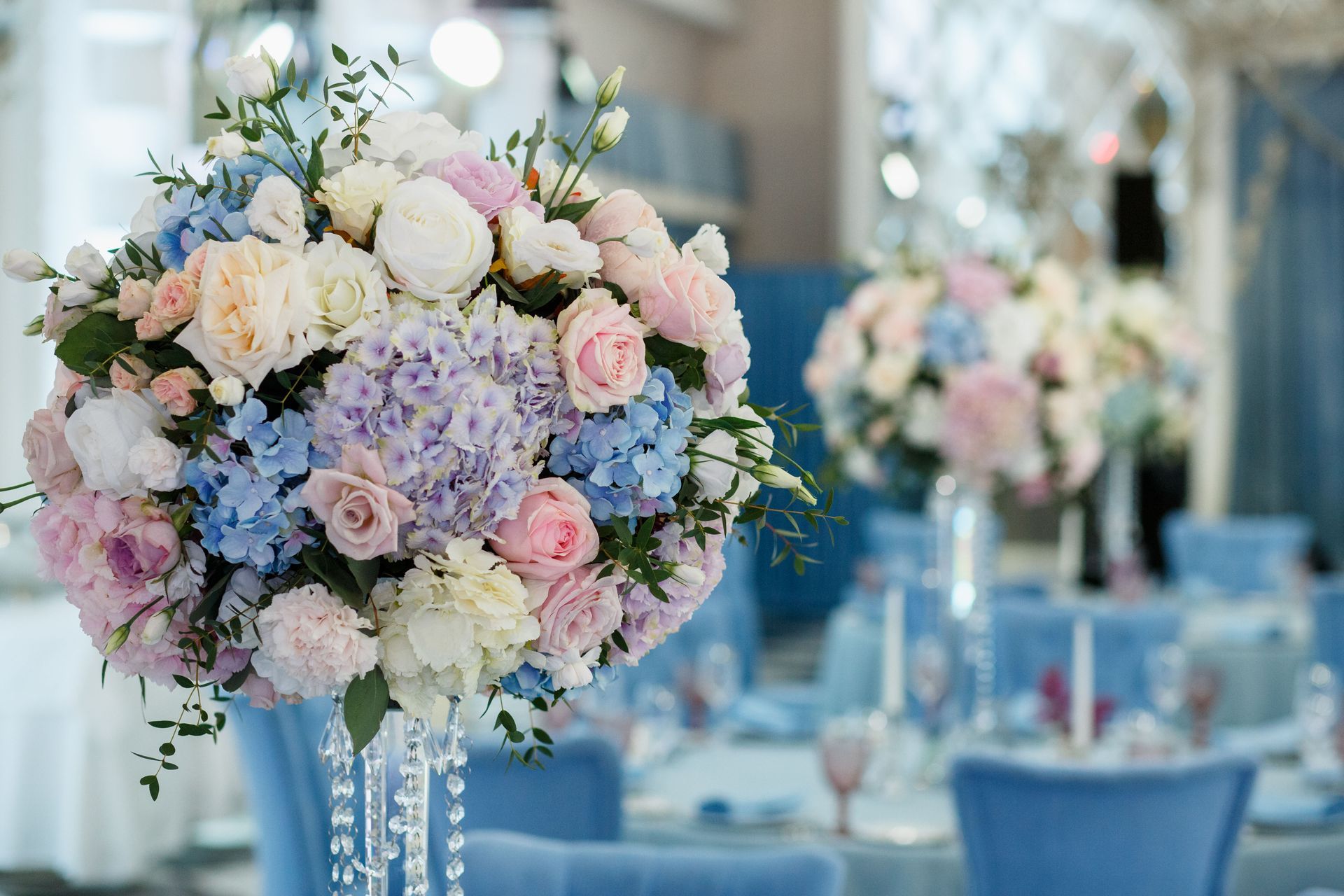
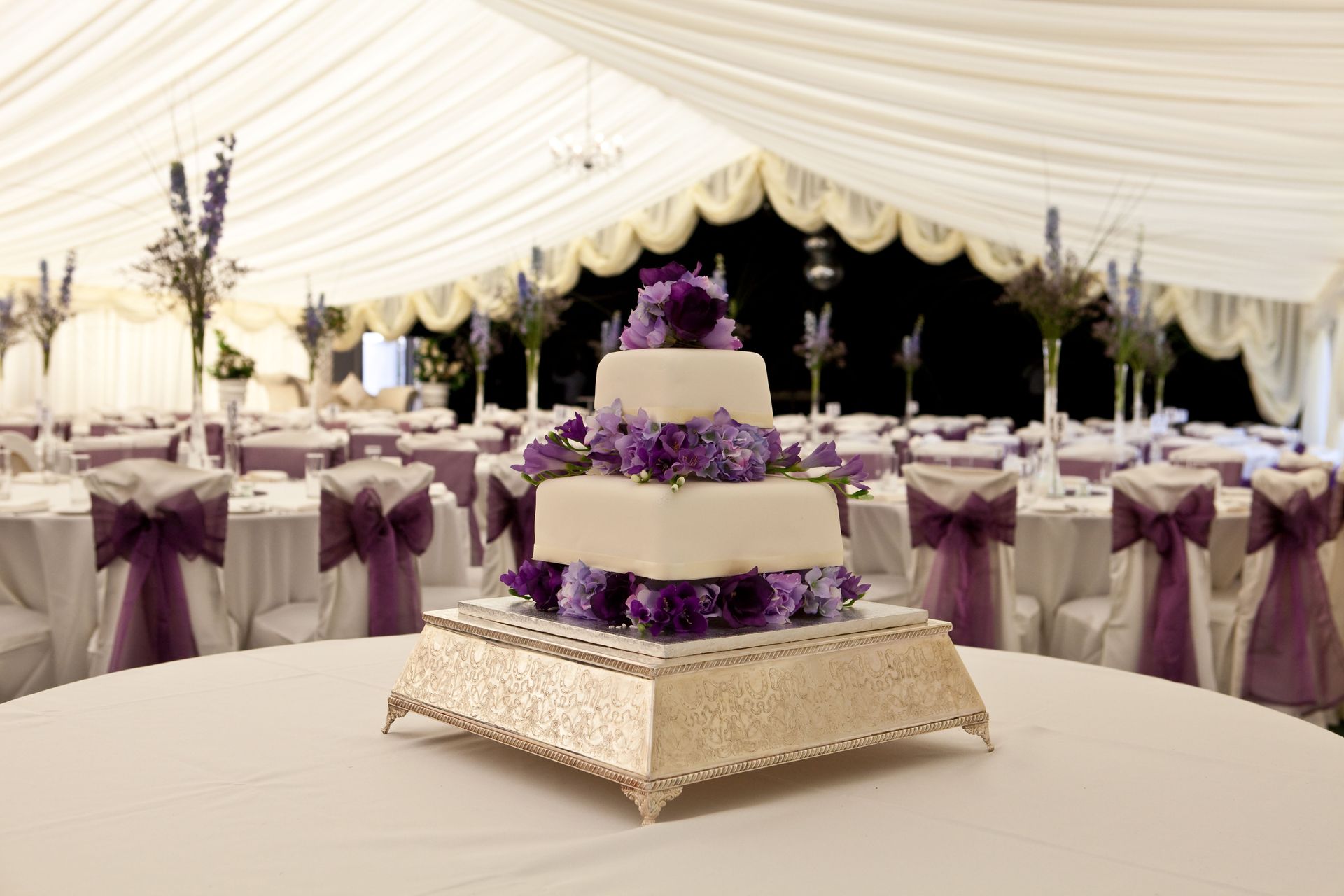
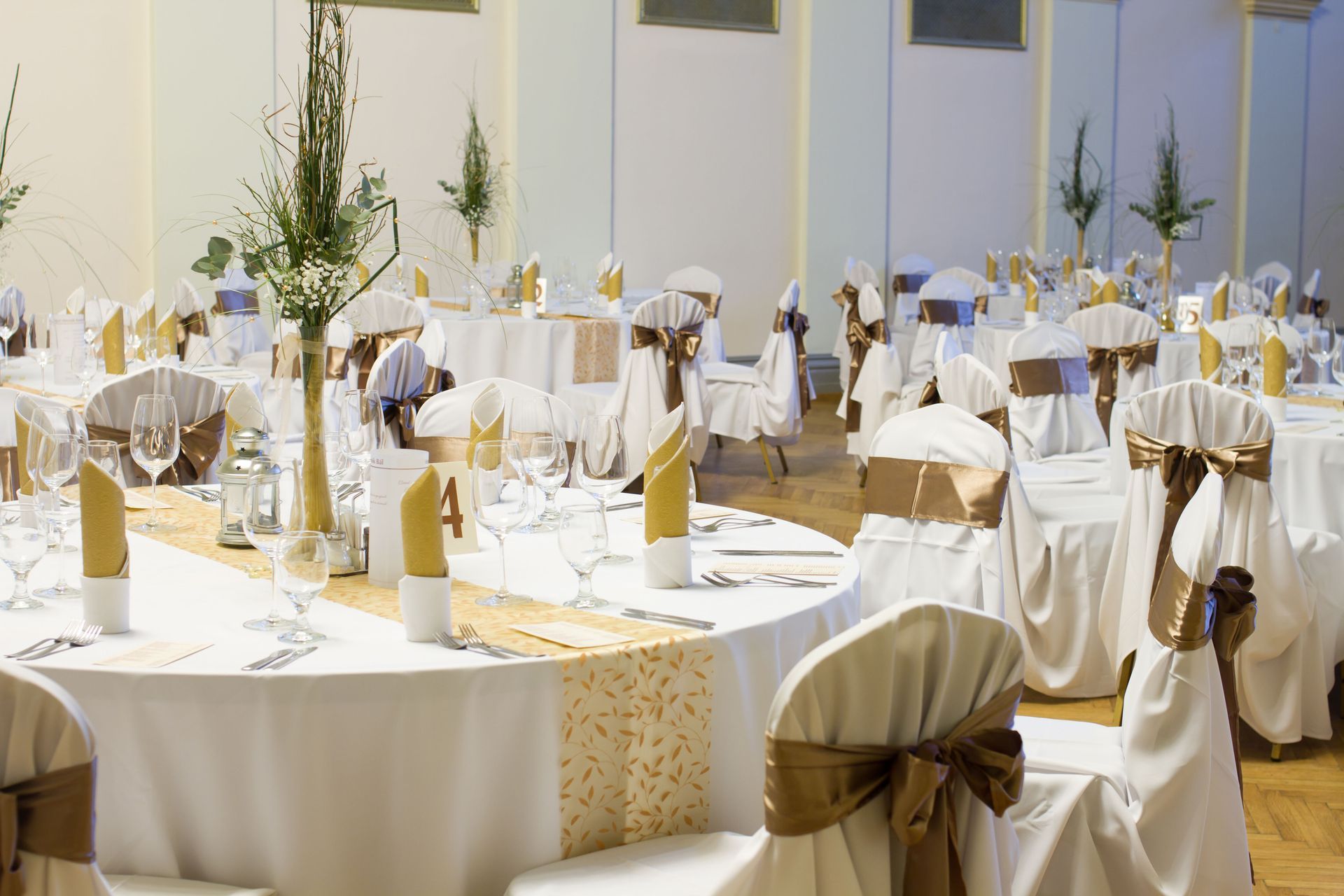
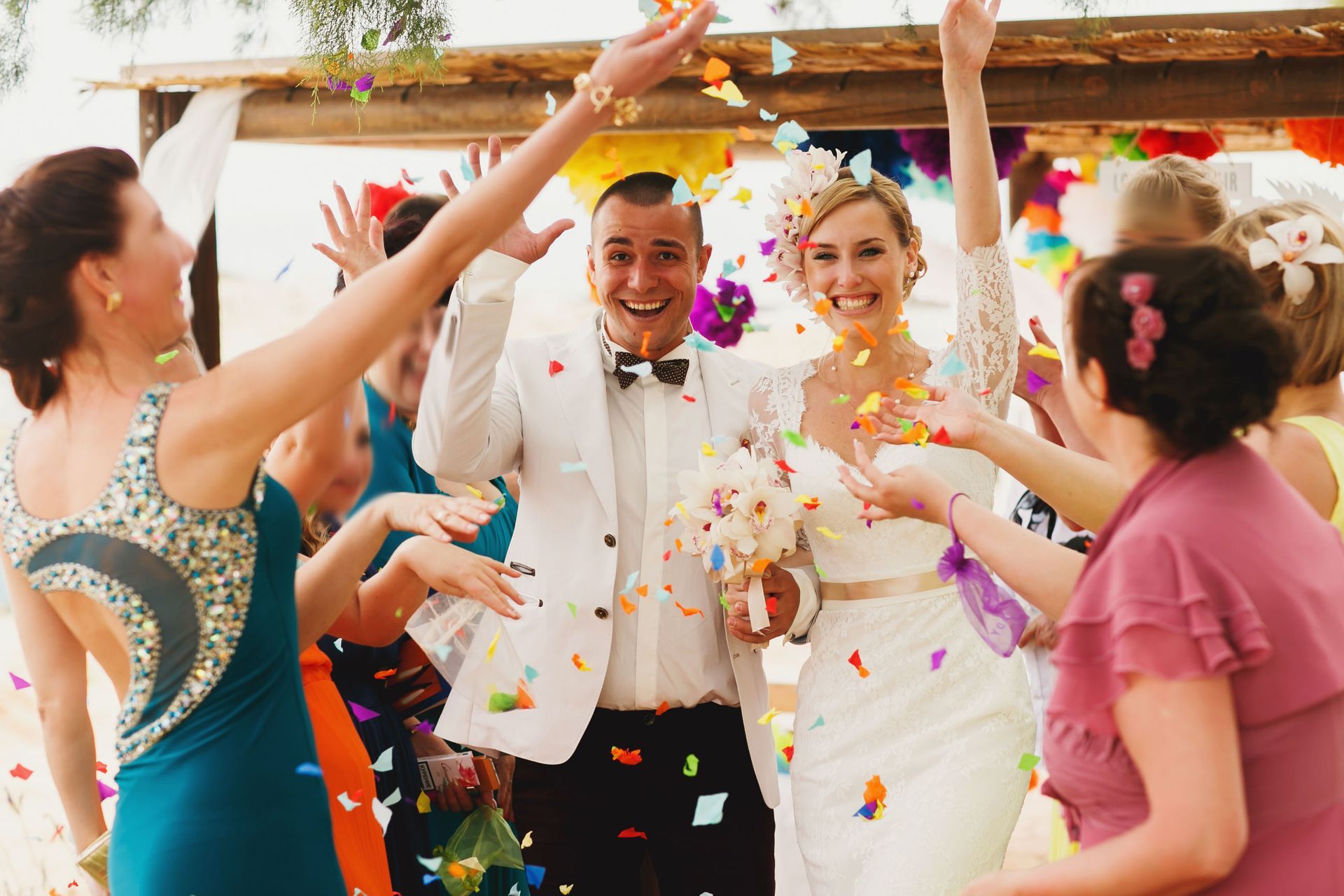
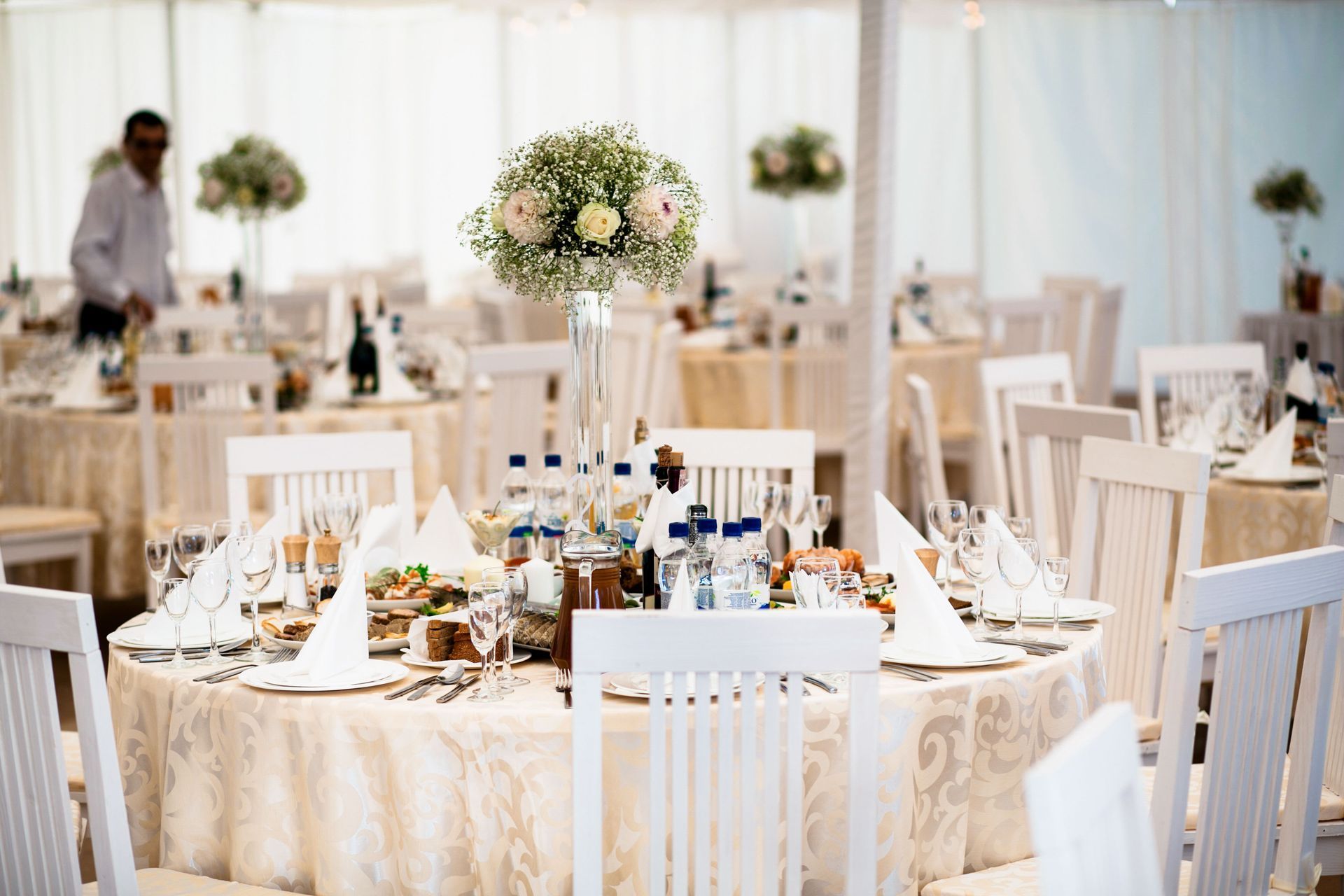
Share On: